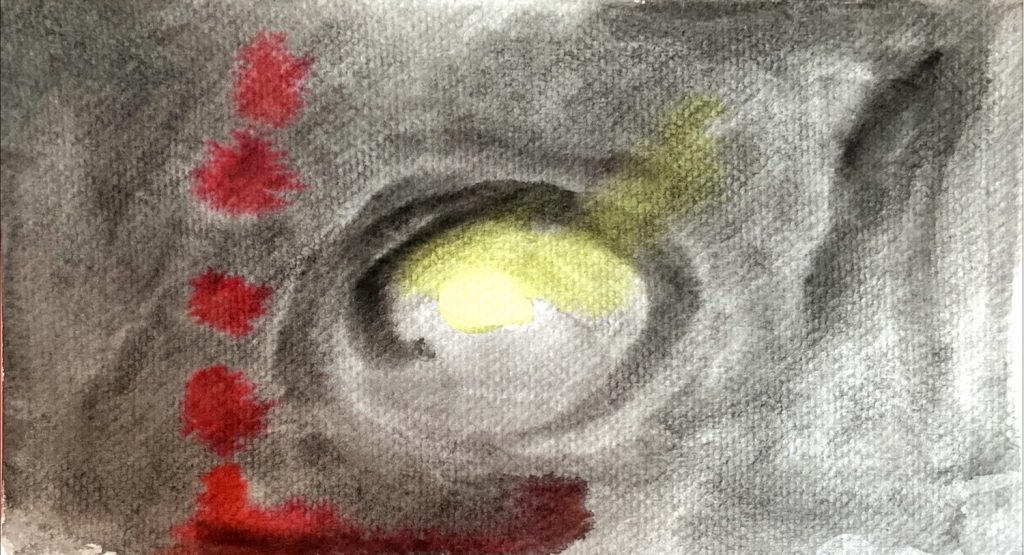
If you listen to other people, or read about grief in the papers, or visit a mental health practitioner with a mental health care plan, you may form the opinion that it is terribly wrong to grieve.
From the number of people who walk through my door with this belief I consider it highly likely that you too have developed that opinion.
Back in the late 1800s Sigmund Freud formed his theories around mental health. He theorised that people were not capable of having more than one relationship and had to break their connection (referred to as “bonds”) with the dead so that you could form new relationships.
This was accepted by generations of psychiatrists and psychologists after him. Of course, it then became generally accepted in the community.
It was fairly natural for that to flow on to a belief in the post World War 2 era for acute grief, the turmoil and devastation in the immediate aftermath of the death of a loved one, to be seen as a psychiatric syndrome.
Instead of being a natural and understandable process, grief suddenly became evidence of a serious disorder.
People were judged by “how well” they were grieving. Some were seen as grieving “better” than others. Those considered to grieve “less well” were labelled as pathological, unresolved, prolonged, chronic and complicated and more …
Suddenly the understandable symptoms of deep sadness, emptiness, nothingness, depression and other behaviours were defined as suffering from a psychiatric disorder.
The whole think is ridiculous, and modern theories around grief largely debunk this, but the belief persists.
A big example of this is that the two international systems to define mental health conditions, the DSM and ICD both include a condition that labels grief as being pathological if the person shows symptoms of grief as little as 6 months after the loss of their loved one!
So people encounter a belief amongst the community and medical/mental health professionals that they are suffering from a mental health disorder and should seek mental health support.
I remember a few months after my mother died that I mentioned to my brothers that I still missed my mother. Their response was that I obviously needed mental health intervention for my unhealthy feeling!
I have lost count of the number of clients who come to me with referrals from their GP that lists them as having a pathological grief reaction when their loved one has only died in the past few months!
I don’t normally use so many exclamation marks, but I find it astonishing, disheartening and horrifying that, rather than getting support, people are pathologized and intervention requested to “cure them of their pathological grief”.
If you come to me telling me that you are still crying a few months after the loss of your loved one I will tell you that this is to be expected and perfectly natural.
I will then talk to you about what current theories say about grief. I will throw in some neuroscience in a readily understandable form to explain how normal your experience is from a neuroscientific perspective. Yes, your brain has a lot of work to do processing grief. It is not pathological for any part of your body to have to make changes. That is your body doing its job.
I will also be curious to understand any fears you may have about crying in public or being visibly upset. A lot of people have that fear because of societal conditioning that says there is something wrong with you if you still cry after the funeral instead of “getting on with life” (whatever that means).
If you come to see me a year or more after the grief and express how you just want to stop crying I will discuss with you the place of sorrow in grief. How research shows that it is possible to feel the desolation of grief alongside the act of moving forward in life.
MORE INFORMATION TO COME
There is so much to say on this subject.
I will be continuing a discussion on this in my subsequent Monday blogs.
I will talk about “continuing bonds” and their role in evaluating your grief.
I will talk about the overlooked intellectual side of grief and how that has been derailed and pathologized.
I will talk about the growth you will make during your grieving and the role of post traumatic growth in this.
I will talk about how desolation and growth can exist together
I will also talk about sorrow, pining, yearning and the “depression” experienced as part of grief.
I will also talk about solace and its role in grieving.
These are all important things to discuss to understand what is happening for you, how okay what you are experiencing is, and how to avoid being pathologized by mental health professionals and society in general over your totally normal grief.
If you would like to talk to me about how I can help you with understanding your grief, being reassured you are not going mad, and surviving the unhelpful interventions of others, please contact me on 0409396608 or nan@plentifullifecounselling.com.au
If you would like to learn more, I write a regular newsletter with interesting information, tips, information on courses, and the occasional freebie. At the moment I have a free mindfulness meditation for anyone who signs up to my newsletter. This meditation offers a way to safely explore your feelings and learn to be okay with them. If you would like to subscribe please click on the link here: http://eepurl.com/g8Jpiz
